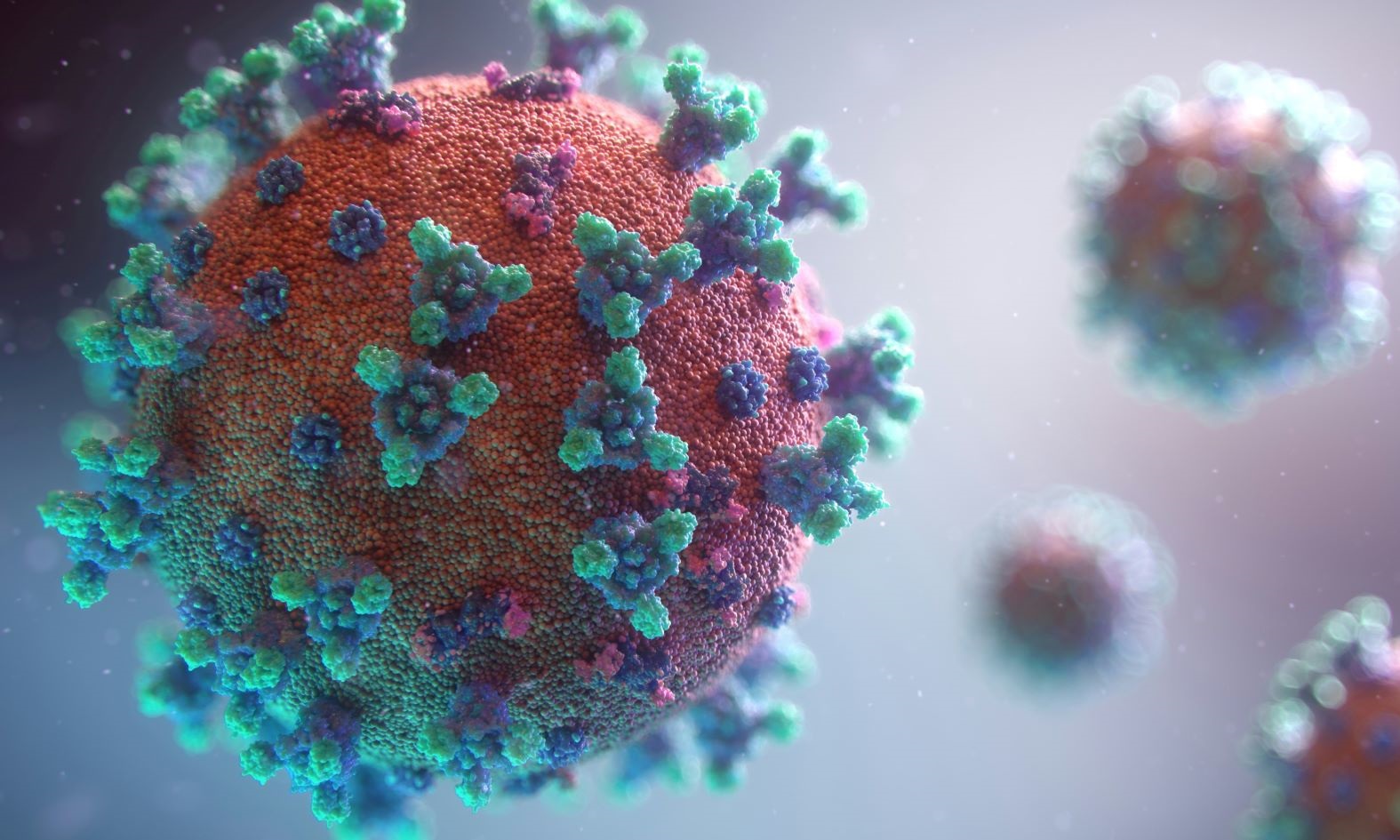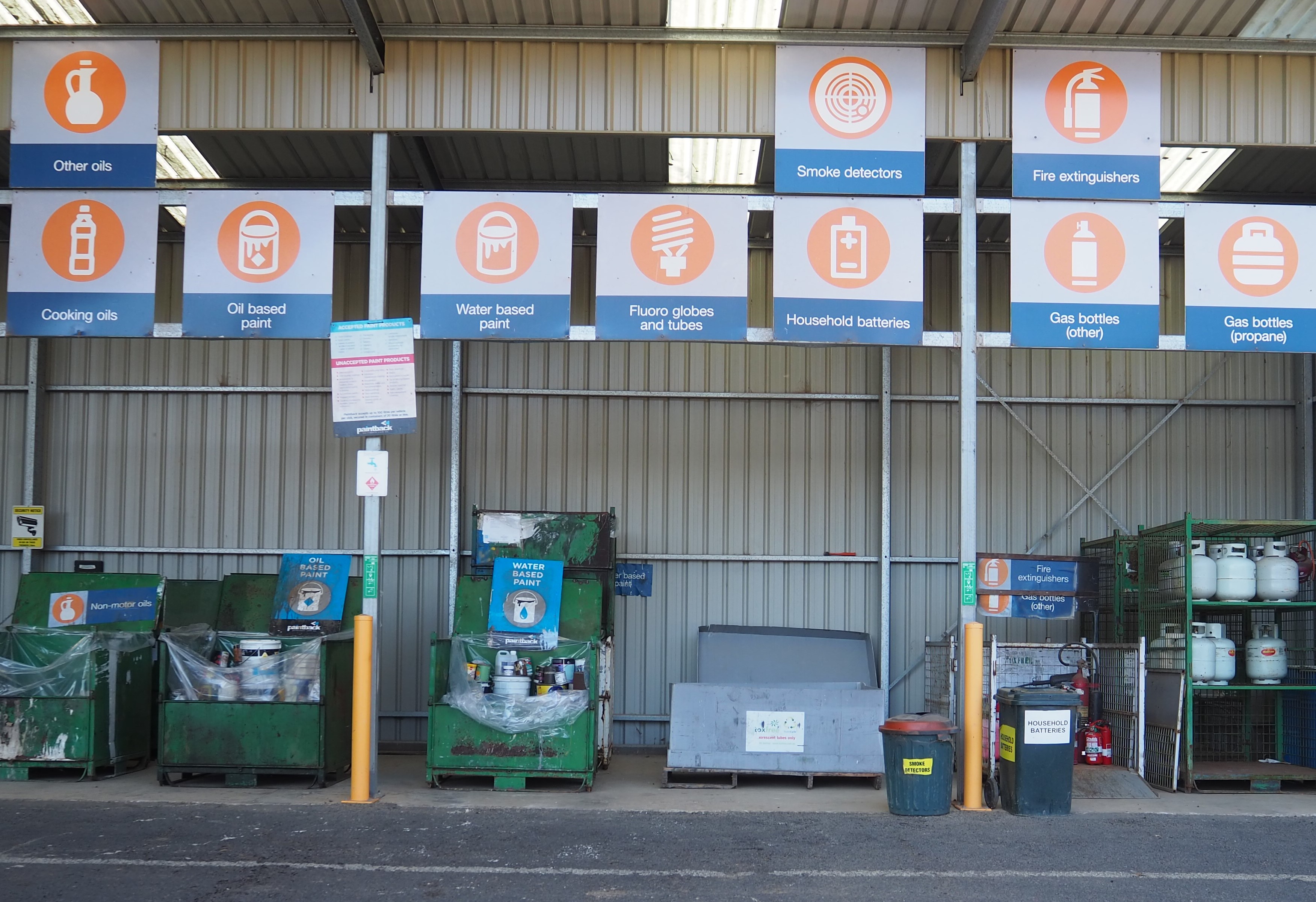Not unlike our visitor’s wickets, the mandates imposed by State Premiers regarding PCR testing continue to fall; shifting daily to alleviate the chaos experienced by hundreds of thousands of people seeking confirmation that they do not have the virus, or to obtain permission to travel interstate.
In the latest action, Premier Annastacia Palaszczuk has dropped the rule requiring those entering the state to get an additional PCR test on day five and this morning has announced that border pass requirements can now be satisfied with a negative Rapid Antigen Test.
In NSW, Premier Dominic Perrottet has thrown his support behind rapid antigen testing,
urging people without symptoms but who may need a test to visit vulnerable relatives or areas of high risk to acquire rapid tests instead of queueing at PCR testing sites. He suggests rapid testing will become “the new norm” in the months ahead.
Pharmacy Guild of Australia President Trent Twomey states that while he believes it’s a sensible approach that we change from mandatory PCR to mandatory rapid antigen tests,
Australia needs to work with trusted pharmaceutical companies that can consistently meet the demand for supply and the sensitivity and specificity requirements of the World Health Organisation.
Do we have adequate stocks to deal with the soaring demand for rapid antigen tests through? In recent weeks Australian pharmacies have run out of rapid tests, retailing for $15.00 – $30.00 per test. Stock shortages are becoming commonplace as consumers desperately find ways to confirm if they are negative.
There are several renowned international pharmaceutical companies supplying highly sensitive and very highly sensitive rapid antigen tests currently, their deployment however, has been hampered by indecision and misinformation. There has also been a legitimate concern over the quality of some of the products being made available.
Low-cost tests are generally not as likely to detect the Omicron variant and, according to their instructions for use, are only suitable for use in patients with Covid-19 symptoms. Australia should pay heed to the lesson learnt by the UK government when it bought 20 million Biotime tests in October with the intention of using them to screen asymptomatic people. Despite the NHS distributing tests to residents for free over the past 14 months, the tests in question could not be used as intended.
Graham Gordon, CEO and founder of Gardian and developer of the Gardian Self Check App states that in order to be effective, tests need to be very highly accurate, traceable, repeatable, reported and able to identify the location of all test results.
“There is no benefit in handing out millions of tests and not being able to quantify the results,” adds Gordon. “Rapid antigen testing is the ideal way to reduce the spread of Covid-19 – if done right. And done right means ultimately, they need to be used in conjunction with a proven management system that captures consent, stores information appropriately, has an auditable process and the ability to report results to individuals, their employers and health departments, all in under 20 minutes.
“Responsible rapid antigen testing provides the pathway back to ‘normal’ – providing the means for organisations, venues and even the general public to safely monitor their health and protect their communities.”








